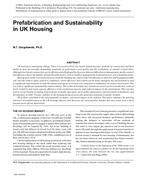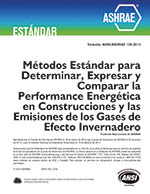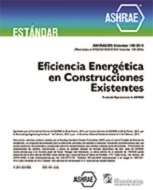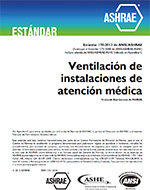Description
UK housing is undergoing change. There is a concern about site-based, mainly masonry methods of construction and their ability to meet increasingly demanding standards of performance and quality and the availability of suitably trained labor. Although site-based construction can be efficient and of high quality, there are inherent difficulties in management, quality control, and efficiency due to the number of unpredictable factors such as weather, management of subcontractors, and scheduling issues.
Moving more of the construction process from the building site, where in the UK efficiency is often low and management difficult, into the relative safety of factory conditions, where efficiency and control can be better managed, has the potential to lead to significant improvements in both the quality and speed of construction compared to traditional site-based construction. This can lead to significant sustainability improvements. The technical benefits may include increased speed of production, reduced levels of defects and waste, greater efficiency in the production process, and reduced impact on the environment. This can also lead to social benefits including improvements in health and safety, more stable employment, and investment in machinery and development of skills. Greater stability in the manufacturing process also generates potential economic benefits.
All of these contribute to the environmental, economic, and social impact of the industry. This paper considers the growing relevance of prefabrication to the UK housing industry and discusses the sustainability benefits that may result from a move towards more off-site fabrication.
Citation: Thermal Performance of Exterior Envelopes of Whole Buildings IX
Product Details
- Published:
- 2004
- Number of Pages:
- 6
- File Size:
- 1 file , 2.8 MB
- Product Code(s):
- D-BldgsIX174




